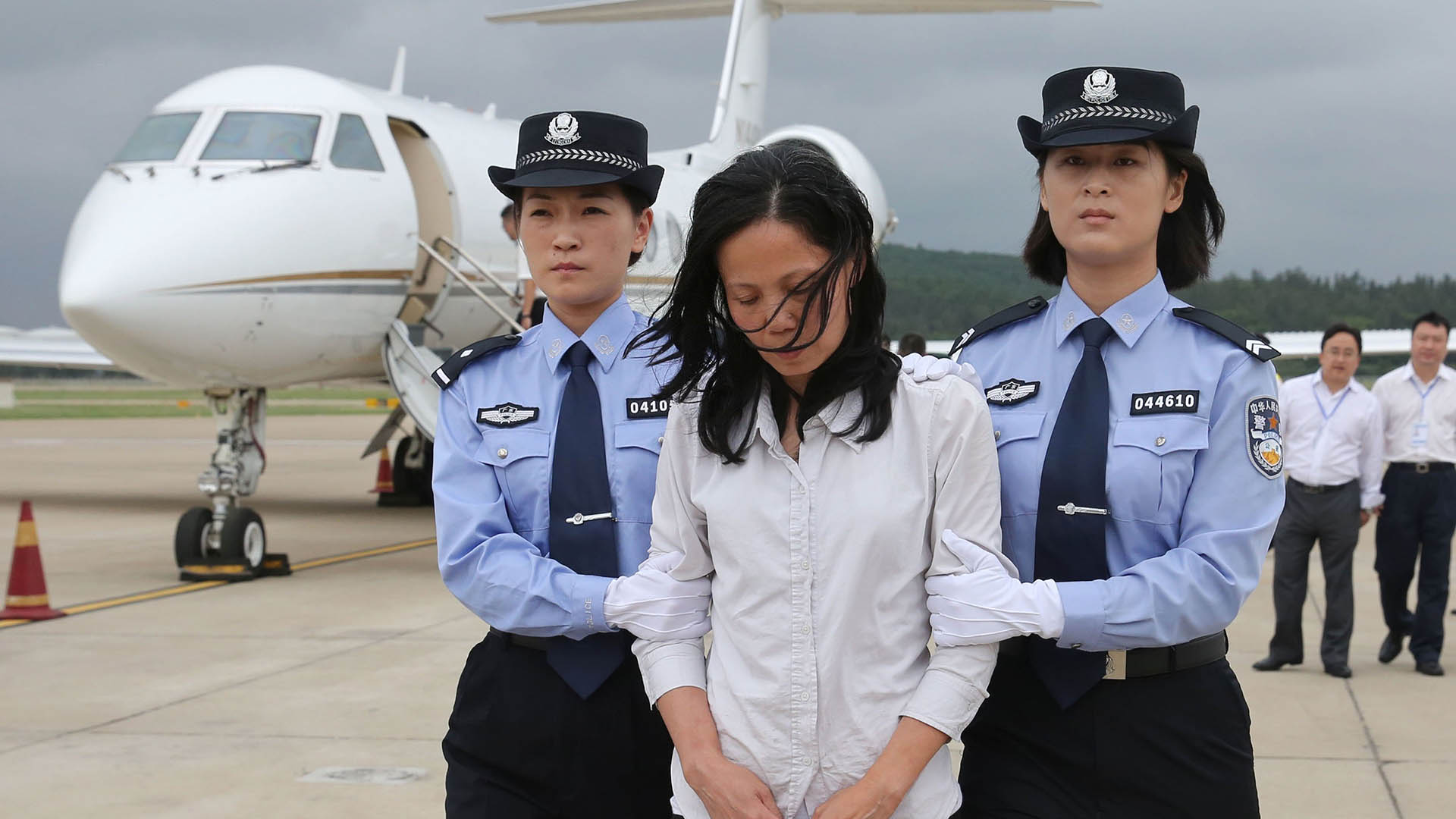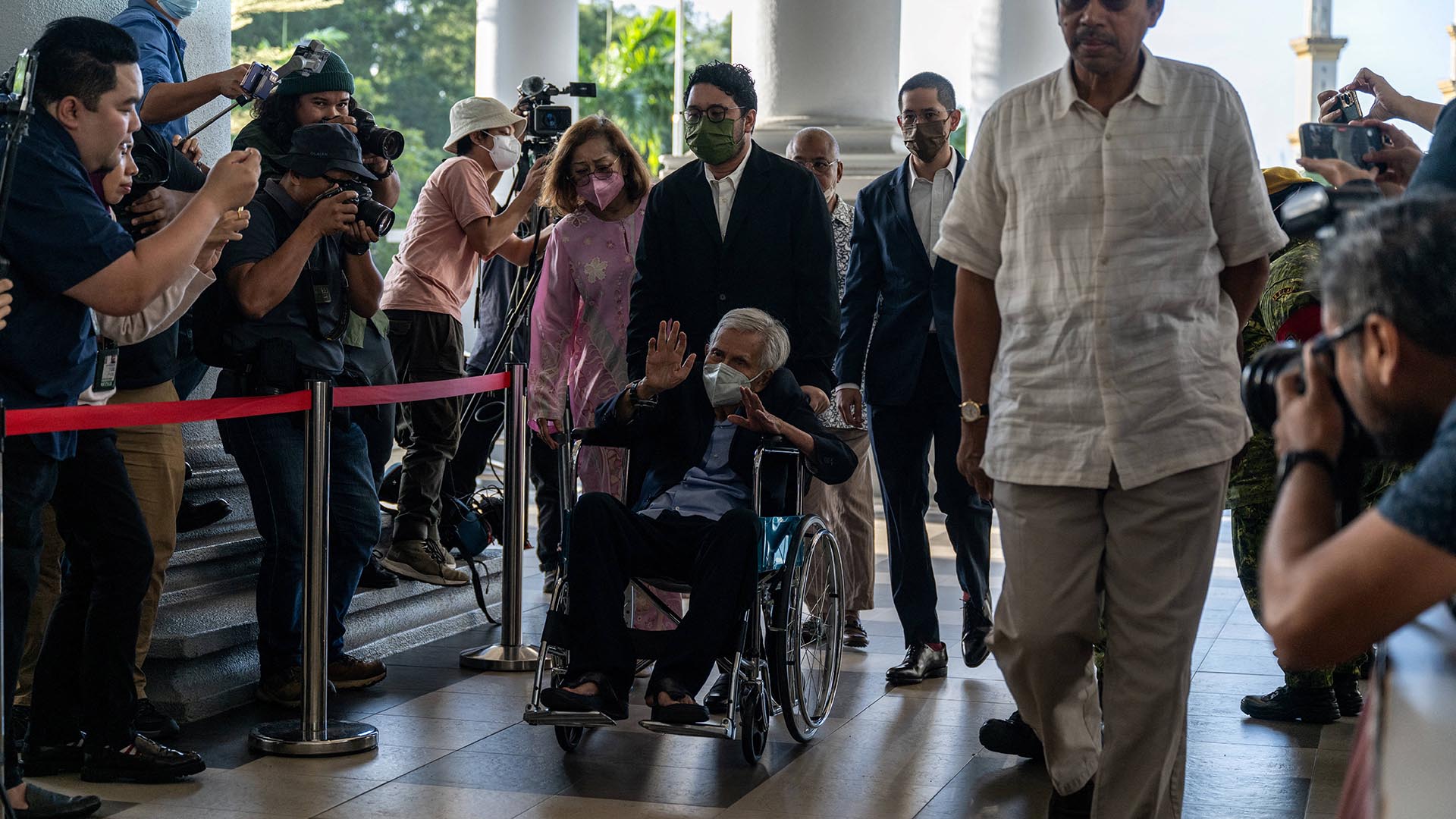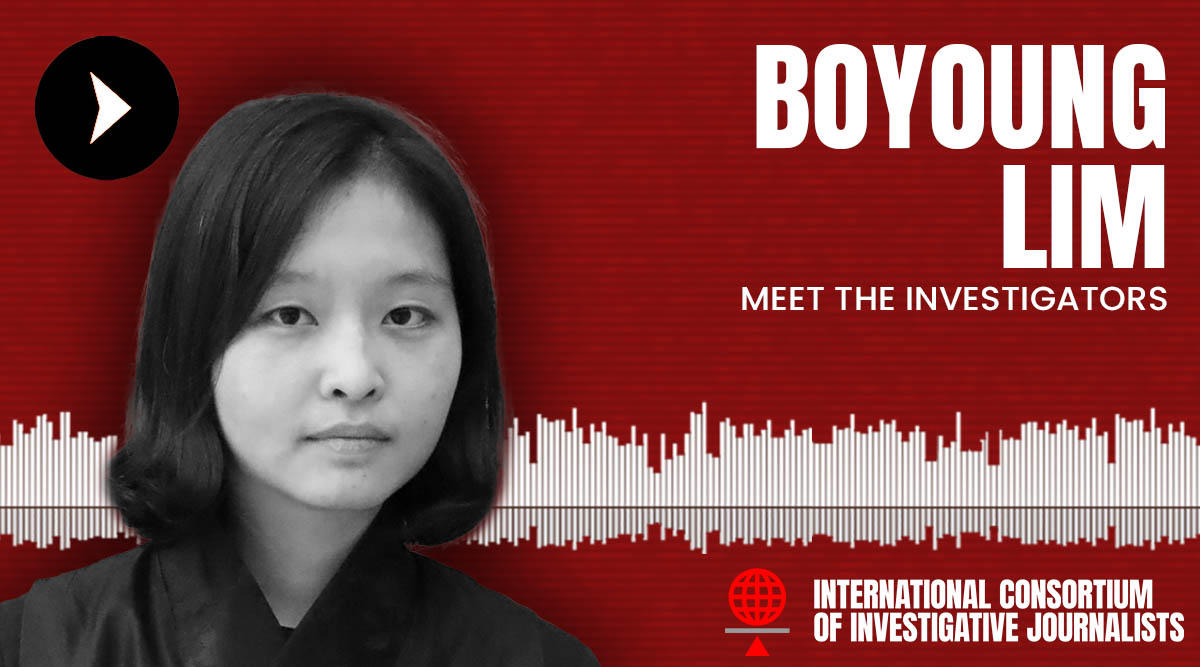China relied on extrajudicial means to force thousands of fugitives to repatriate, human rights activists say
A new report reveals how the Chinese government has used harassment, “persuasion” and kidnappings to bypass international law as part of the notorious Fox Hunt operation.

Over the past decade China has forcibly repatriated more than 12,000 fugitives, as part of a state campaign to stamp out corruption, according to a new report by a human rights group.
Safeguard Defenders, the Spain-based group, says that Xi Jingping’s government has relied heavily on extrajudicial methods such as kidnappings, harassment and intimidation to “persuade” and coerce Chinese nationals living in more than 120 countries to return to China.
Though Beijing claims the fugitives are alleged criminal suspects, the group’s report says that China’s “deeply flawed and politicized” judicial system makes it difficult to know with certainty whether the accusations have merit.
“It is essential to point out that these extrajudicial operations are illegal under international law regardless of the type of target and all constitute instances of transnational repression,” Laura Harth, one of the authors of the report, told the International Consortium of Investigative Journalists.
The report, titled “Chasing Fox Hunt,” is based on accounts of 283 individuals who were repatriated or extradited from more than 50 countries, as well as data published by the Central Commission for Discipline Inspection, the agency that coordinates anti-corruption activities under the leadership of the Chinese Communist Party.
“Fox Hunt” is the official name of the international policing operation launched by the Chinese government in 2014. In 2015, it became part of a broader initiative called “Operation Sky Net,” which added dedicated task forces to crack down on money laundering, fake passports and illegal income, according to the report. Both “Fox Hunt” and “Sky Net” are still active today, and are only two of the state-sponsored operations targeting Chinese nationals overseas.
If Beijing cannot secure their loyalty via persuasion, it will demand their loyalty via force.
— Citizen Lab researcher Emile Dirks
In an interview with a Chinese weekly in 2014, Li Gongjin, then team leader of Shanghai police’s economic crimes unit, summed up the government’s confidence in the policing program. “A fugitive is like a kite, the body is overseas but the thread is inside China — through family and friends, [we] can always find them,” Li said.
Initially touted as ways to pursue fugitives and recover stolen property, “Fox Hunt” and “Sky Net” became the blueprint for Beijing’s repression of Chinese nationals overseas, including activists, journalists, and religious and ethnic minorities.
“In all of these cases, Beijing feels it has the right to diaspora members’ loyalties,” said Emile Dirks, a researcher at the University of Toronto’s Citizen Lab, which focuses on information technologies and human rights. “And if Beijing cannot secure their loyalty via persuasion, it will demand their loyalty via force.”
‘Persuaded’ to return
Safeguard Defenders’ report shows that, between 2014 and 2023, the CCDI recorded 12,292 cases of “successful apprehensions” in more than 120 countries and territories.
According to Chinese government data, between 2015 and 2018 most of the alleged fugitives were “persuaded” to return. The report described the method as “a psychological war” that entails detaining, interrogating and threatening to punish family members in China; online surveillance and harassment of Chinese nationals overseas; and direct threats through undeclared agents or proxies. In some cases, Chinese authorities reportedly offered monetary incentives to members of the Chinese diaspora willing to turn against people they knew.
Unlike extradition and repatriation, “persuasion” lets China bypass a host country’s legal system, the report said. In recent years, more countries have opposed Beijing’s requests to extradite suspects fearing they will face unfair trials or violence once back in China. At the same time, authorities in at least four countries, including the U.S. and Canada, have arrested and convicted Chinese nationals and agents who harassed, stalked, and spied on targets of “Fox Hunt” and “Sky Net.”
Among those persuaded to return, the report identified several members of the Uyghur minority group, which has endured a mass internment campaign and crimes against humanity at the hands of the Chinese government; a Chinese grandmother in Melbourne, who was listed among China’s most wanted fugitives and repeatedly claimed her innocence; and a resident of Spain accused of an environmental misdemeanor who was pressured to return by a local Chinese association.
According to Safeguard Defenders’ report, it is difficult to quantify the real scale of China’s transnational repression campaign because the government does not publicly identify its targets. However, anecdotal evidence collected by the human rights group shows the government is “ramping up” its efforts, Harth said.
In 2022, FBI Director Christopher Wray reached a similar conclusion. Speaking at an event in Simi Valley, California, Wray said that the “Chinese government is increasingly targeting people inside the U.S. for personal and political retribution” and that “there are hundreds of people on U.S. soil who are on the Chinese government’s official Fox Hunt list and a whole lot more that are not on the official list.”
A duty to protect
As China-sponsored transnational repression campaigns have become more sophisticated, making use of global hacking operations and digital surveillance, it is important for democratic nations that host targeted individuals to protect them, Harth said.
“These extrajudicial transnational repression activities represent a brazen violation of other countries’ sovereignty,” she said.
Su Yutong, a Radio Free Asia journalist and activist, told ICIJ that, even though she has lived in Europe for more than 10 years, she still gets threatening messages and videos from people she suspects were hired by the Chinese government.
夜里近兩點还在工作,真夠敬業。還在德國,等着警察抓吧! pic.twitter.com/tOoflftM96
— Suyutong (@Suyutong) December 1, 2022
Su moved to Germany in 2010 after being detained and placed under house arrest in Beijing for publishing a banned journal about the government’s handling of the Tiananmen Square protests.
Soon after starting her job at a German news outlet, she recalled receiving a phone call from a Chinese agent. When she asked how he had gotten her number, Su said, the agent responded: “If I want, I can know everything about you.”
In the last two years, Su says her name and email address were used to call false bomb threats and book expensive hotel rooms in multiple cities. Someone also published her phone number in an online channel for people seeking prostitutes. She has received videos showing decapitation and torture. After moving to a new residence, strangers have knocked at her door multiple times at odd hours.
So far, German police have not made any arrests. The police did not reply to ICIJ’s questions.
Su says she doesn’t fear for her life, but she often can’t sleep more than two hours per night because of anxiety.
“They want to kill my mind, my spirit,” Su said.


